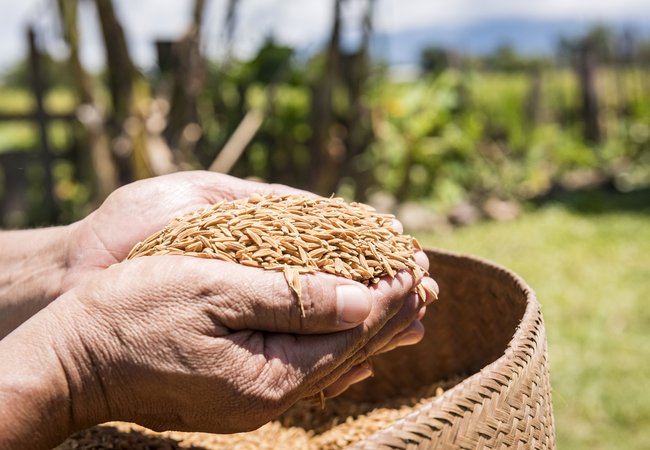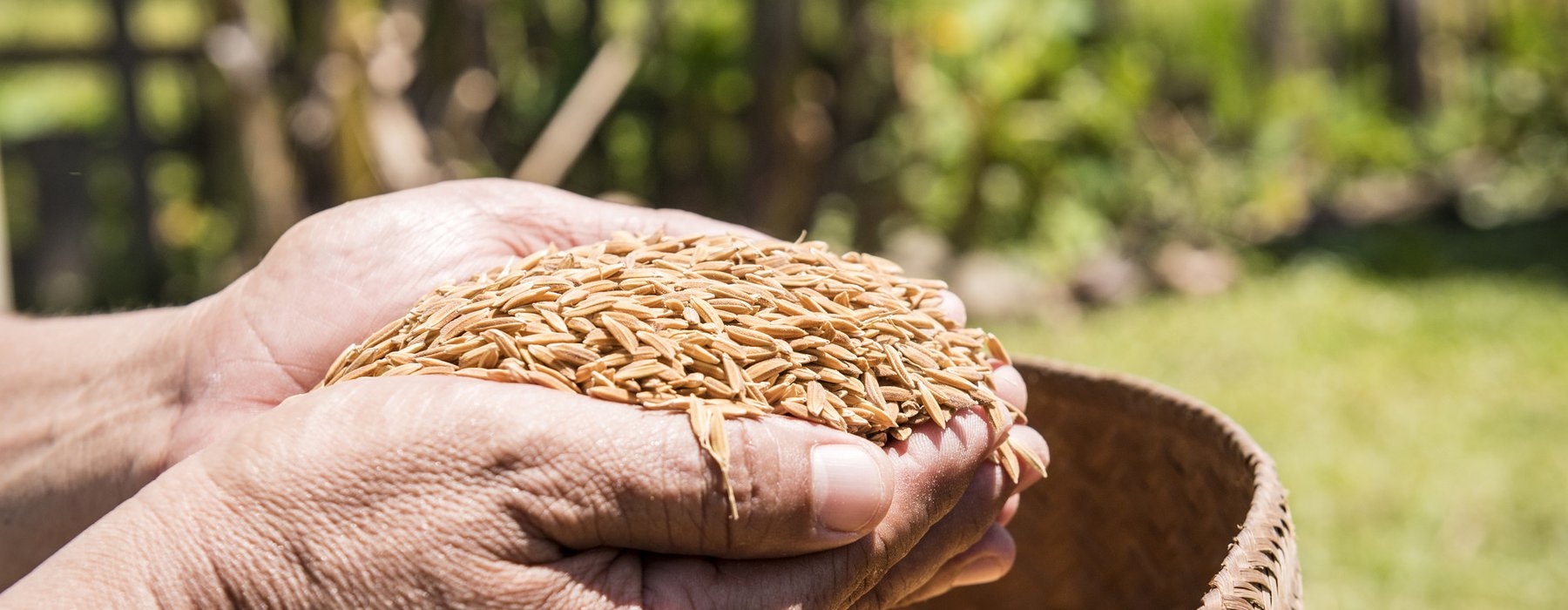- What we do
- Our clients
- Resources
Sacha de Boer/Oxfam Novib


Resources
Some of the guidance and tools produced by the Oxfam Business Advisory Service for our clients are publicly available to enable other companies access and use them to improve their impacts on workers, producers and communities.
